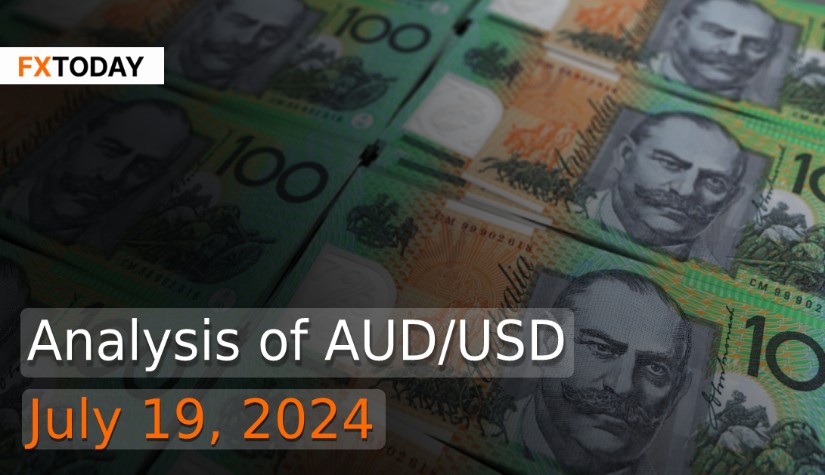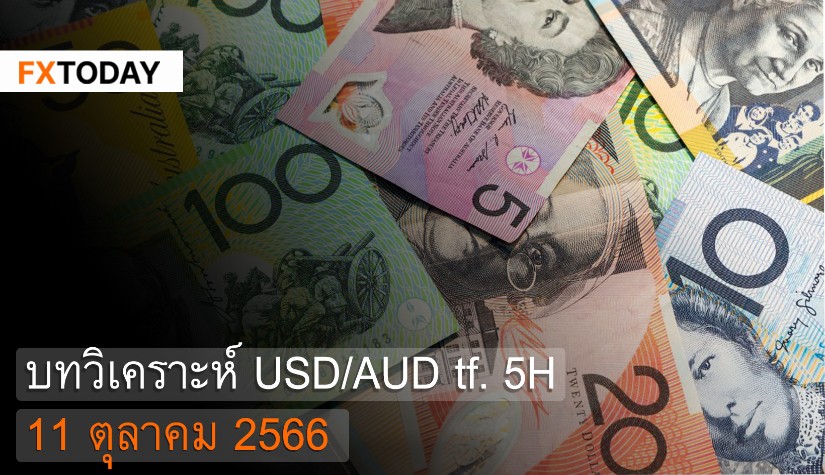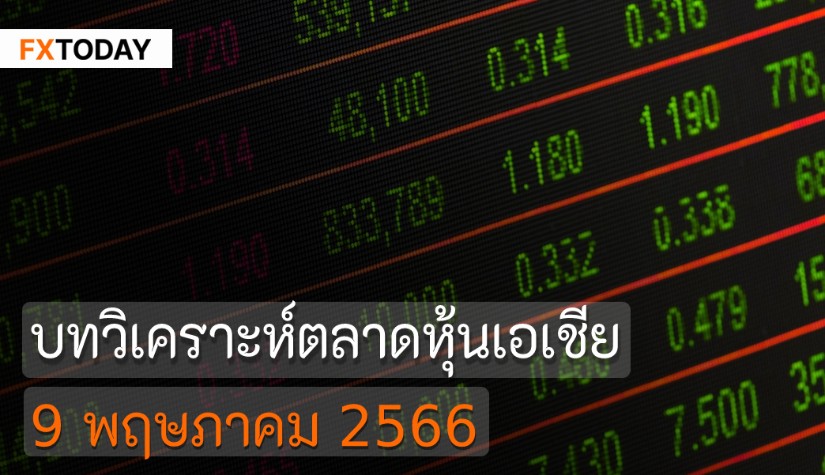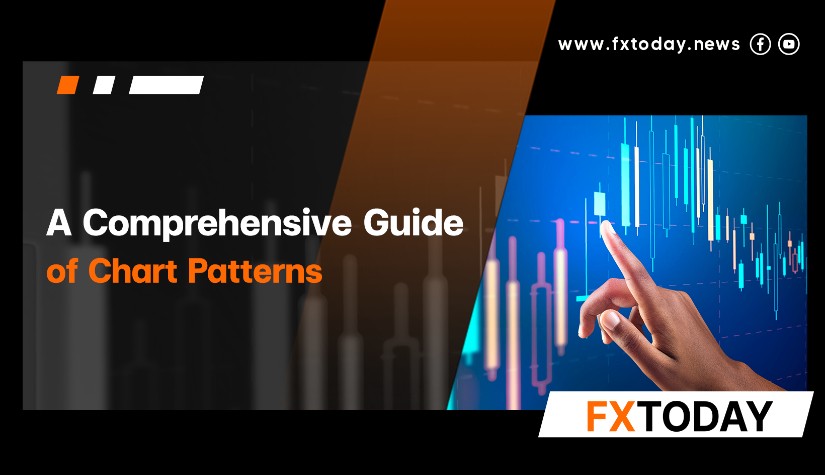Australia's Job Market Surges; IMF Urges US Fed to Delay Rate Cuts Until Late 2024
In June, Australia's job market exceeded expectations with an increase of 50,200 employed people, surpassing the anticipated rise of 19,900. This growth accelerated from the previous month's increase of 39,700. Consequently, the labor force participation rate edged up to 66.9% from 66.8%, while the unemployment rate rose slightly to 4.1% from 4.0%. Despite this increase, the labor market remains tight due to high participation and increased vacancies.
The strong job market suggests resilience in some parts of Australia's economy despite high interest rates and persistent inflation affecting consumer spending and business activity. This strength provides the Reserve Bank of Australia (RBA) with more flexibility to maintain or even increase interest rates. Investor expectations for an August rate hike have risen, with the probability increasing from 12% to 20%. The RBA has maintained steady interest rates for five meetings, with current rates at 4.35%, as inflation stayed high at 4% in the last quarter, above the 2-3% target range. The upcoming second-quarter consumer price report on July 31 will be crucial in determining future rate decisions.
On Thursday, the U.S. dollar rose slightly. This rise followed earlier losses amid optimism that the Federal Reserve might cut interest rates in September. However, Federal Reserve Bank of San Francisco President Mary Daly expressed the need for more confidence in reaching the Fed's 2% inflation target before reducing rates, stressing the delicate balance needed in monetary policy decisions.
The International Monetary Fund (IMF) recommended that the U.S. Federal Reserve delay rate cuts until late 2024 and suggested raising taxes to address the growing federal debt. The IMF highlighted the need for fiscal prudence as U.S. deficits continue to rise despite strong economic growth. The IMF's suggestions included increasing progressive taxes, eliminating certain tax exemptions, and indexing Social Security benefits to a chained consumer price index.
Regarding the housing market, the average interest rate on a 30-year fixed-rate mortgage fell to 6.77%, the lowest since mid-March, but homebuyer demand remained low. Existing-home sales reached their lowest level since 1995, with tight inventory keeping prices high. Economists hope that potential Fed rate cuts could eventually support the housing market.
Upcoming economic data is expected to show an increase in weekly jobless claims and a slight improvement in the Philadelphia Fed manufacturing index. As a result, the AUD/USD currency pair might fluctuate within a broad range during this period. The appreciation of the AUD is anticipated to remain restricted in the medium term.
Data for Technical Analysis (1D) CFD AUD/USD
Resistance : 0.6734, 0.6746, 0.6764
Support : 0.6698, 0.6686, 0.6668
1D Outlook
Source: TradingView
Buy/Long 1 If the support at the price range 0.6658 - 0.6698 is touched, but the support at 0.6698 cannot be broken, the TP may be set around 0.6735 and the SL around 0.6638, or up to the risk appetite.
Buy/Long 2 If the resistance can be broken at the price range of 0.6734 - 0.6774, TP may be set around 0.6800 and SL around 0.6678, or up to the risk appetite.
Sell/Short 1 If the resistance at the price range 0.6734 - 0.6774 is touched, but the resistance at 0.6734 cannot be broken, the TP may be set around 0.6687 and the SL around 0.6794, or up to the risk appetite.
Sell/Short 2 If the support can be broken at the price range of 0.6658 - 0.6698, TP may be set around 0.6630 and SL around 0.6754, or up to the risk appetite.
Pivot Points Jul 19, 2024 02:29AM GMT
|
Name
|
S3
|
S2
|
S1
|
Pivot Points
|
R1
|
R2
|
R3
|
|---|---|---|---|---|---|---|---|
| Classic | 0.6639 | 0.6668 | 0.6687 | 0.6716 | 0.6735 | 0.6764 | 0.6783 |
| Fibonacci | 0.6668 | 0.6686 | 0.6698 | 0.6716 | 0.6734 | 0.6746 | 0.6764 |
| Camarilla | 0.6692 | 0.6696 | 0.6701 | 0.6716 | 0.6709 | 0.6714 | 0.6718 |
| Woodie's | 0.6633 | 0.6665 | 0.6681 | 0.6713 | 0.6729 | 0.6761 | 0.6777 |
| DeMark's | - | - | 0.6677 | 0.6711 | 0.6725 | - | - |
Sources: Investing 1, Investing 2
















